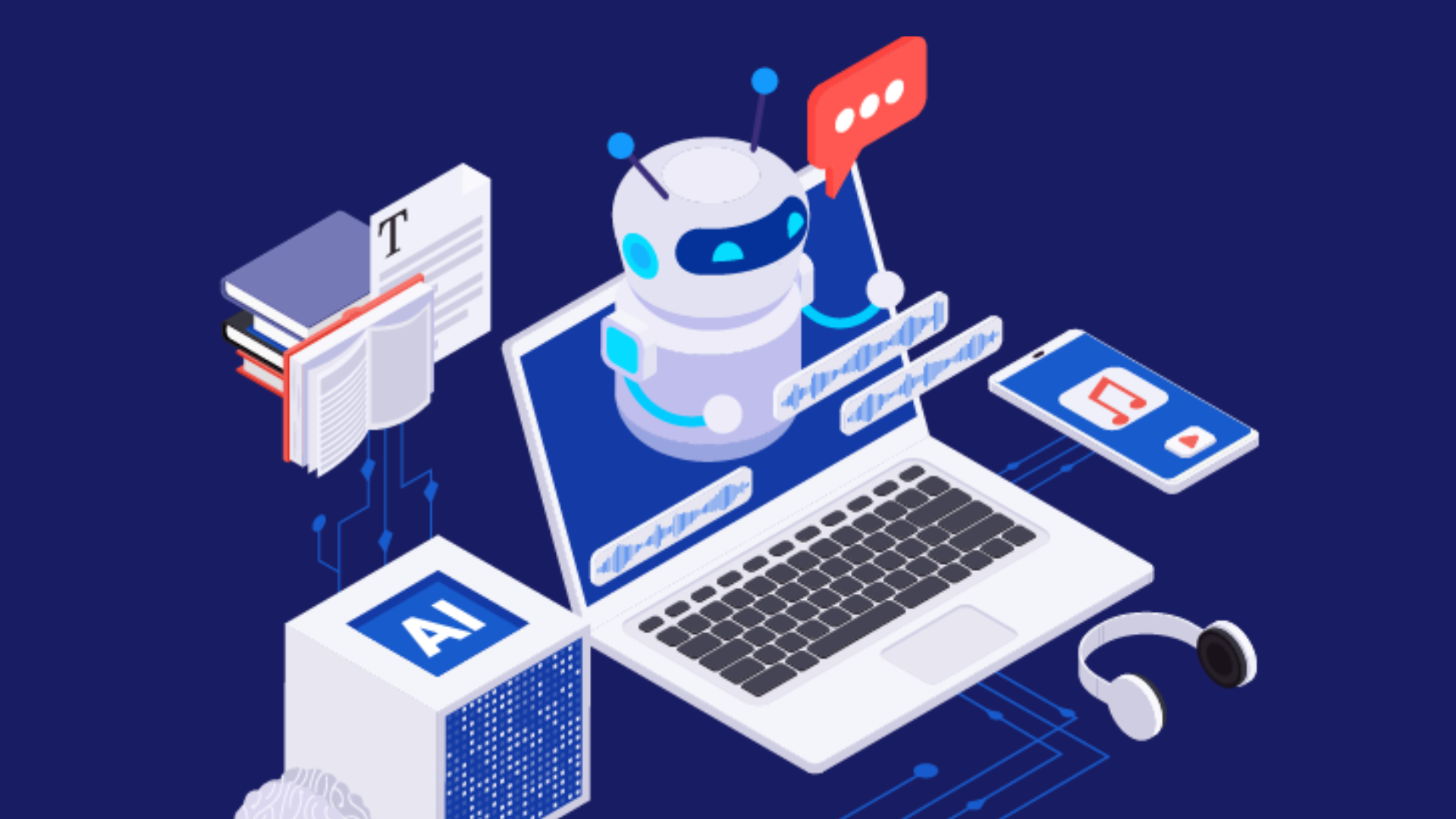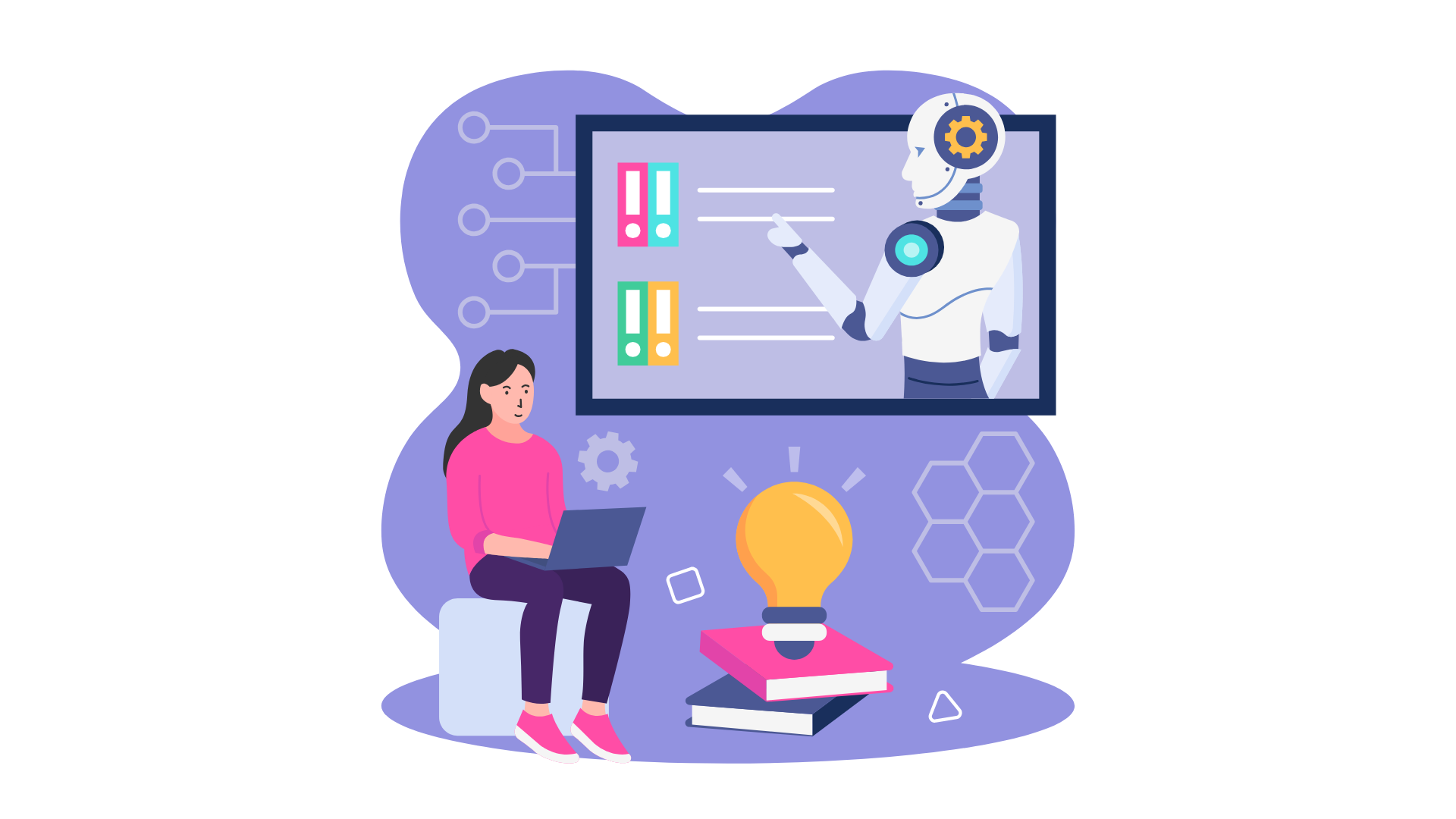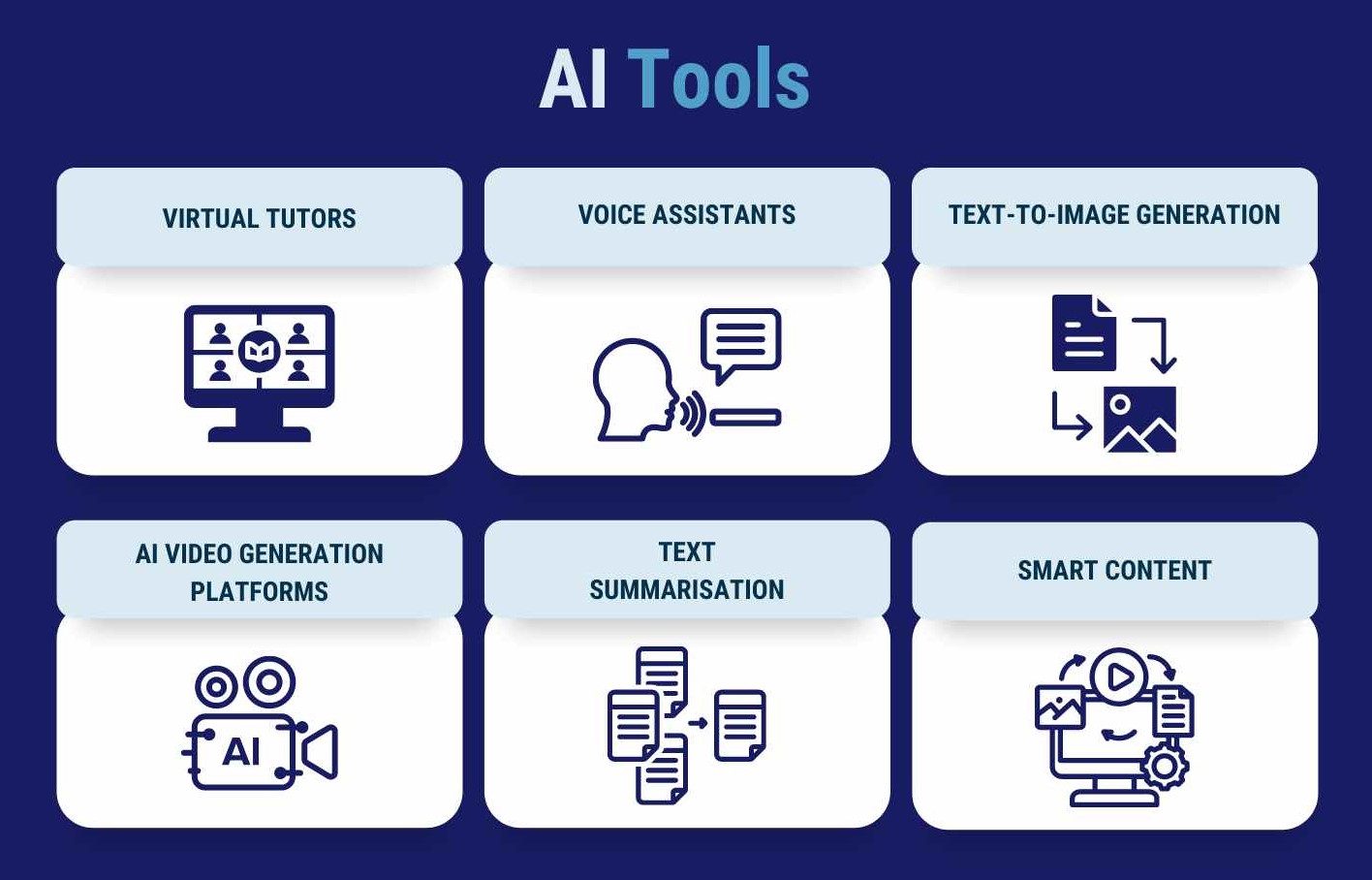A Deep Dive: The Impact of Artificial Intelligence on Education

The rapid advancement of artificial intelligence (AI) has a profound impact on various industries, and its influence on education cannot be overlooked. The implementation of AI in education has the potential to revolutionise the way students learn and educators teach.

How AI is Integrated into The Realm of Education
Globally, AI is being embraced in education to personalise learning experiences, improve student outcomes, and streamline administrative tasks. The use of AI-powered tutoring systems has shown significant improvements in student engagement and understanding of complex topics. These systems analyse individual learning patterns and deliver customised content to address students' specific needs, thereby enhancing the overall learning experience.
Not only that, the implementation of AI to grade student essays and provide instant feedback, relieves teachers of this time-consuming task and allows them to focus on more meaningful interactions with students. Additionally, AI-powered learning platforms have been instrumental in providing access to quality education in remote or underserved areas across the globe, thereby bridging the educational divide.
AI in Action: Education Powered by Innovation
AI has the potential to enhance student learning outcomes in education greatly. This can be achieved by providing personalised learning experiences through knowledge tracing (KT) and collaborative filtering. AI technology enables the customisation of learning experiences to match and predict individual student needs and future performance by:

Predominantly increasing student engagement and motivation, and improved information retention leading to enhanced academic success.
AI can also assist educators in addressing learning gaps or challenges in real-time by recognising patterns and trends in student data. In a study, a more refined and granular adaptive exercise recommendation based on students' cognitive level and collaborative filtering showed significant improvement in recommendation effectiveness. Proven feedback systems and AI-powered tutoring platforms like Korbit, have shown improved learning outcomes. The aid of AI in handling administrative tasks, allows educators to focus more on direct student interaction and effective teaching strategies.

They provide additional material and interactive experiences to improve students' understanding of complex concepts. AI is effectively used to foster student collaboration, teamwork, and problem-solving skills, crucial for success in the workforce. AI can guide and assist discussions within student groups and play a role in a hybrid team approach. Integrating AI into education creates a more engaging, efficient, and effective learning environment for students and educators.

Challenges and Considerations for AI-driven Education
The incorporation of AI in education brings with it noteworthy challenges and ethical implications. Concerns about data privacy and security arise as AI systems in education gather and analyse large volumes of sensitive student data. Inadequate data security measures may result in breaches and leaks, prompting questions about protecting individual privacy rights.
Another consideration includes bias and discrimination present significant hurdles to using AI in education. While AI can potentially improve teaching and learning experiences, biased algorithms and discriminatory practices can undermine the fairness and equality of educational opportunities.
Most importantly, the absence of comprehensive policies and guidelines for AI in education is a cause for scrutiny. The lack of specific frameworks to address the ethical issues raised by AI in education, coupled with the rapid proliferation of AI ethics-related incidents, underscores the necessity for thoughtful consideration and thorough testing of AI technologies in educational environments.
Future of AI in Singapore’s Academic Landscape
Singapore, known for its forward-thinking approach to technology and innovation, has been at the forefront of AI development in the education sector. The country’s Smart Nation initiative has led to the integration of AI-powered tools in schools to support personalised learning, automate administrative processes, and gather insights for curriculum improvement. For example, AI chatbots are being used to address student queries and provide 24/7 support, enhancing the overall learning experience beyond traditional classroom hours.
Furthermore, Singapore’s investment in AI research and development has facilitated the creation of cutting-edge educational technologies, such as adaptive learning platforms that cater to diverse learning styles and abilities. These initiatives not only elevate the quality of education but also equip students with the skills needed to thrive in a future driven by AI and technology.
As Singapore continues to push boundaries in AI-driven education, it sets an exemplary model for other nations striving to embrace the transformative power of AI in their education systems.







